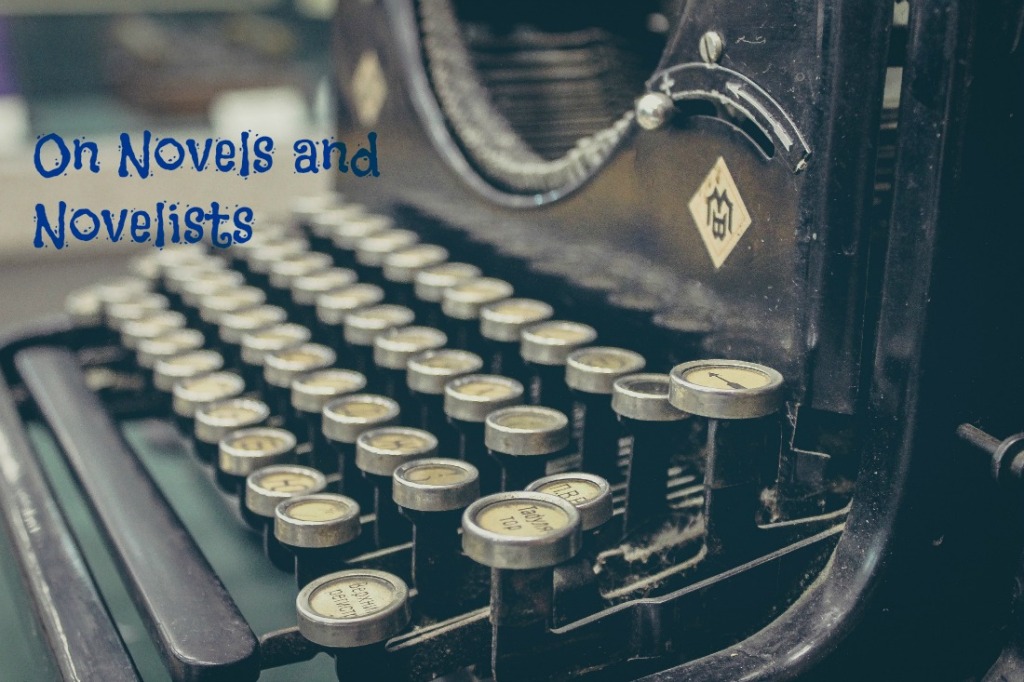6 Big Books I Keep Meaning to Reread
Related Post: 10 Big Books I Have Read & Loved While scanning my bookshelves for Big Books I have read, I also found six that I have already read but want to read again. You’d think that once through a Big Book would be enough, but in fact Big Books contain so much that they […]
6 Big Books I Keep Meaning to Reread Read More »




